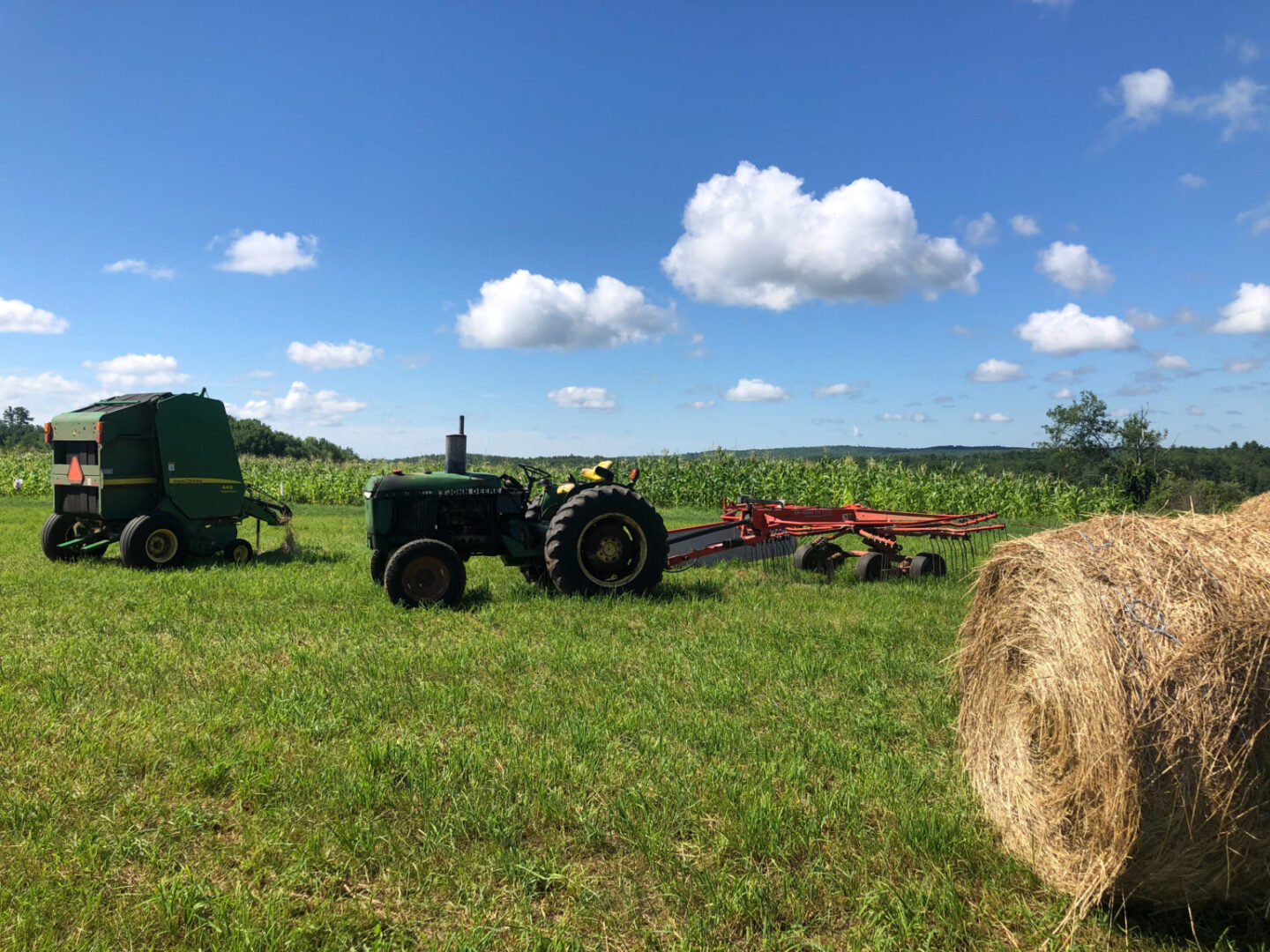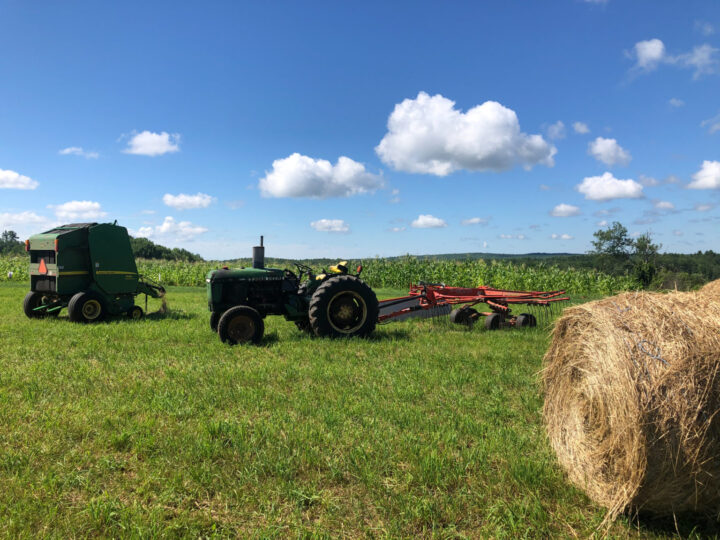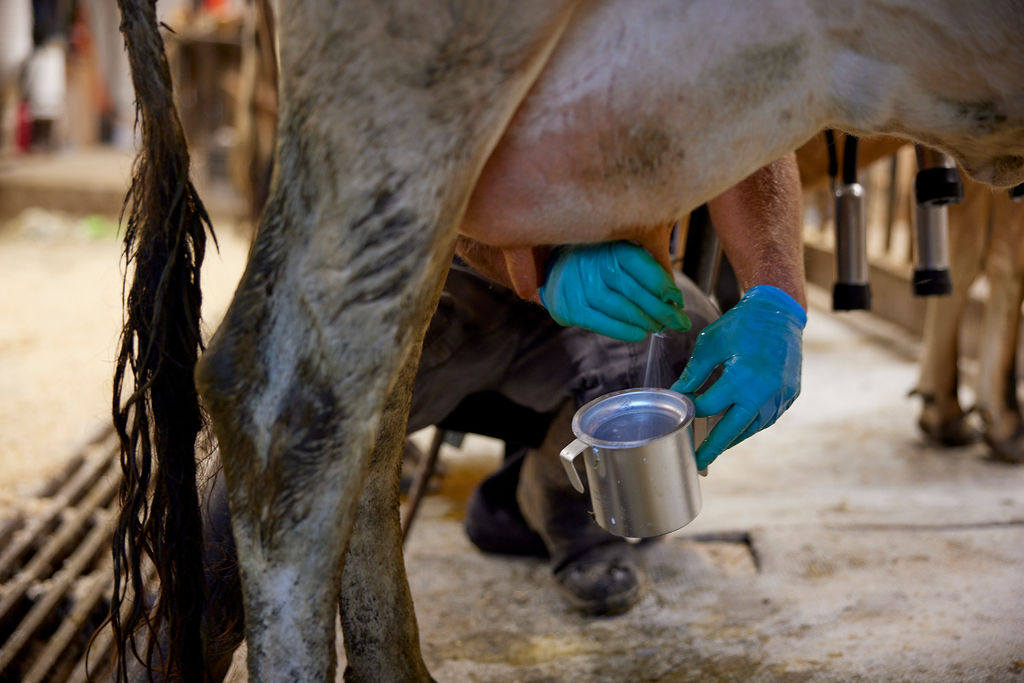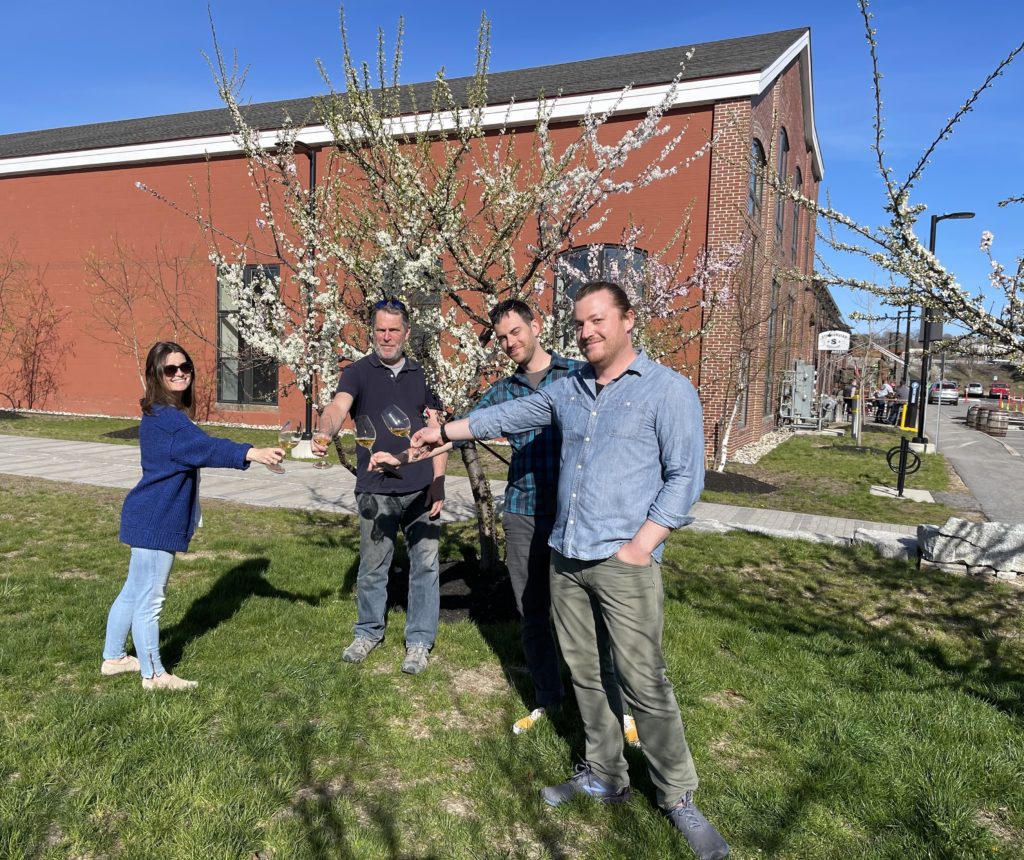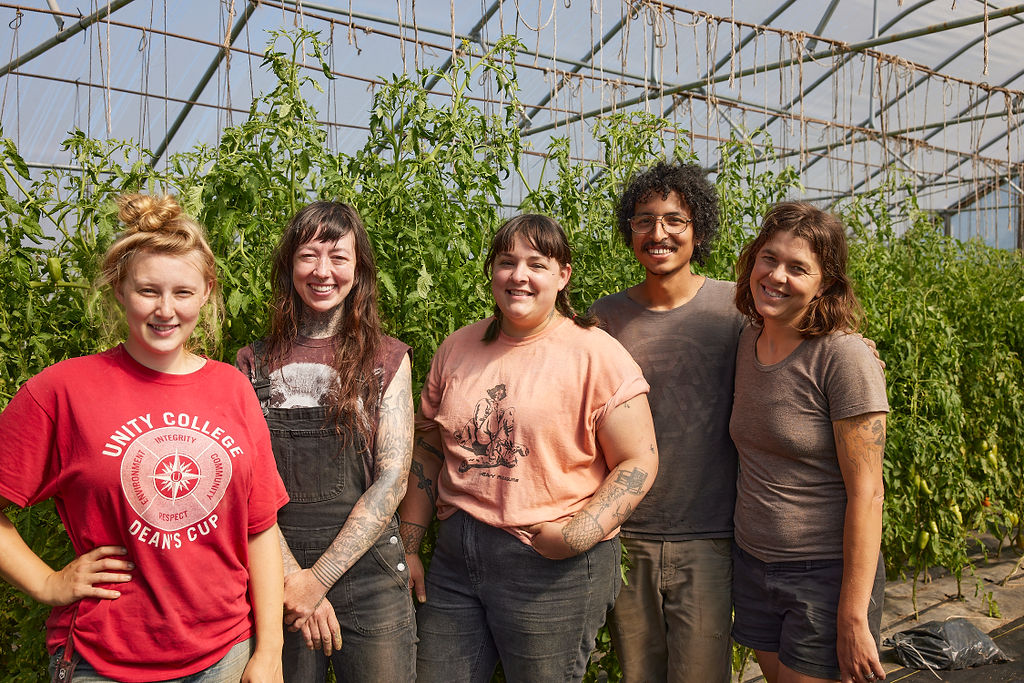Liberation Farms
On a bluebird Friday in July, our marketing team visited Liberation Farms in Auburn. We arrived at what seemed like endless sprawling fields and were greeted by the smiling face of Lana Dracup, Farm Operations Manager and Maine native. We secured our masks and spent the next hour walking around, and within, acres of beautiful, edible crops on this family-run farm.
The Somali Bantu Community Association (SBCA) was founded in 2005 as a resource for the community resettlement in Maine. The Somali Bantu are a minority ethnic group, native to the Shebelle and Jubba River Valleys of Somalia. Their community is ethnically and culturally different from the general Somali population, and need relevant resources specific to their people. Fleeing from a civil war in their country, they were granted resettlement in the U.S. Approximately 12,000 Somali Bantus resettled in the states, with 3,000 in Lewiston, Maine. To read more about the Somali Bantu resettlement story, click here.
The SBCA facilitates multiple programs, the Liberation Farms being their largest. Located in Auburn, the Liberation Farms is described by Kristina Kalolo, markets manager, as “a way for the community to reconnect to their agricultural heritage, increase food security, and provide access to culturally-relevant foods”. There are almost no requirements to be a member of the SBCA and Liberation Farms, they welcome any interested member of Maine’s immigrant and refugee community.
The Liberation Farms are home to over 200 family farmers, 24 of whom are Iskashito farmers, or cooperative growers, who specifically grow for wholesale and farmers markets. While walking the land, we had the chance to see both the 1/10th of an acre participating families receive to grow their own crops, as well as the 1/4 acre of land the Iskashito farmers receive to grow wholesale products.
Farming Practices
Lana explained to us the different farming practices utilized on the farm. The Iskashito have adapted to westernized practices where they plant in rows. The family farmers use what Lana as explained as the “Three Sisters” method: Three plants maintain success through symbiosis. On the Liberation Farms, the families grow flint corn, beans that use the corn stalk to support their vine, and squash to deter the weeds around the other plants. Each Corn stalk is planted two human bodies width apart, giving enough space for multiple people to work in the shade of their leaves.
The Liberation Farms is much more than a source of food for this community. Lana described it as an oasis, somewhere the families come to escape the urban hustle of Lewiston/Auburn, and a place to bring their children to run and play. She recounted the laughter, stories and singing that takes place daily.
As the community grows, the farm is reaching capacity. A fundraiser has commenced to help them acquire their own land, in Wales, ME. Kalolo wrote us, “We are thrilled to be purchasing our dream farm and finally have land security. For our community, land security means food security. This farm also opens possibilities of a safe, outdoor place for the Somali Bantu community to gather for ceremony, healing, and celebration. We will expand our vegetable operation and increase our goat herd. We also hope to use the farm as a site for our Kasheekee youth program to come for field trips and agricultural education, and a place for our basket weaving program to flourish. There are endless possibilities for this land and what it can mean for our people.”
Where can you purchase food from The Liberation Farms?
They sell their community grown produce at the Yarmouth Farmers Market (Thursdays, 3-6pm) and the Alan Day Community Market (Fridays, 5-8pm).
While the farmers don’t grow enough to enable Rosemont Markets to carry their produce, Tortilleria Pachanga uses their flint corn to make white corn tortillas, which are sold at every Rosemont location.
To donate to help make their dream of owning their own larger farm, click the button below.

